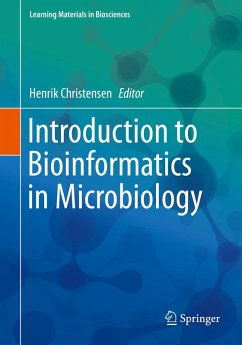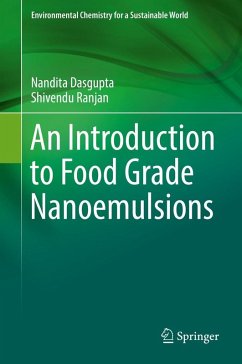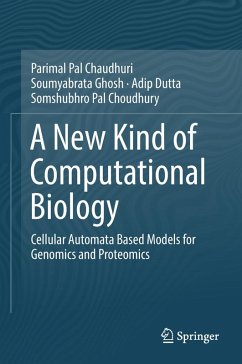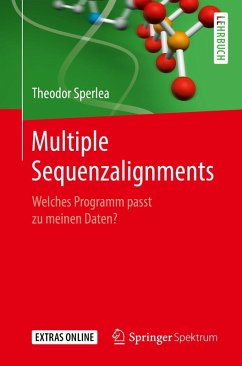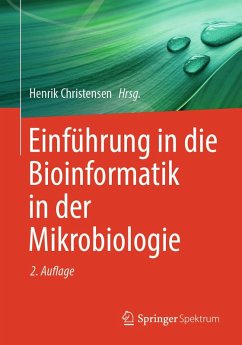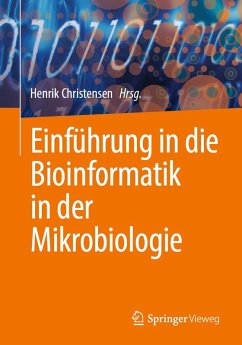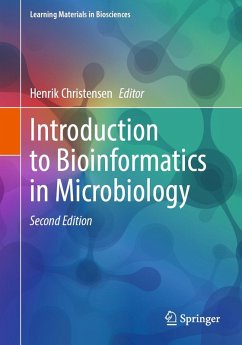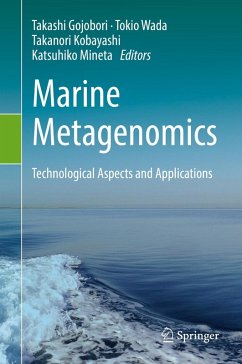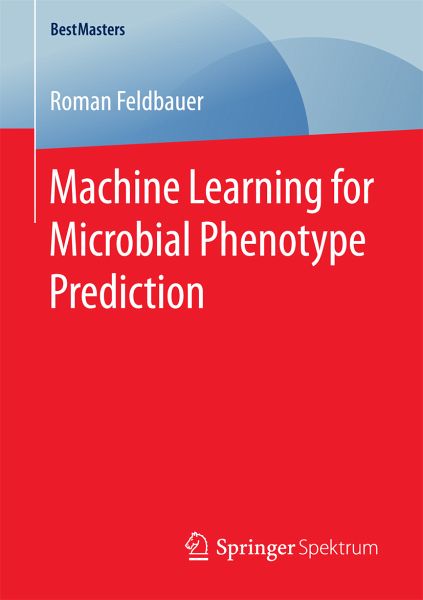
Machine Learning for Microbial Phenotype Prediction (eBook, PDF)
Versandkostenfrei!
Sofort per Download lieferbar
40,95 €
inkl. MwSt.
Weitere Ausgaben:

PAYBACK Punkte
20 °P sammeln!
This thesis presents a scalable, generic methodology for microbial phenotype prediction based on supervised machine learning, several models for biological and ecological traits of high relevance, and the deployment in metagenomic datasets. The results suggest that the presented prediction tool can be used to automatically annotate phenotypes in near-complete microbial genome sequences, as generated in large numbers in current metagenomic studies. Unraveling relationships between a living organism's genetic information and its observable traits is a central biological problem. Phenotype predic...
This thesis presents a scalable, generic methodology for microbial phenotype prediction based on supervised machine learning, several models for biological and ecological traits of high relevance, and the deployment in metagenomic datasets. The results suggest that the presented prediction tool can be used to automatically annotate phenotypes in near-complete microbial genome sequences, as generated in large numbers in current metagenomic studies. Unraveling relationships between a living organism's genetic information and its observable traits is a central biological problem. Phenotype prediction facilitated by machine learning techniques will be a major step forward to creating biological knowledge from big data.
Dieser Download kann aus rechtlichen Gründen nur mit Rechnungsadresse in A, B, BG, CY, CZ, D, DK, EW, E, FIN, F, GR, HR, H, IRL, I, LT, L, LR, M, NL, PL, P, R, S, SLO, SK ausgeliefert werden.
Alle Preise in Euro und inkl. der gesetzl. MwSt. | Innerhalb Deutschlands liefern wir preisgebundene Bücher versandkostenfrei. Weitere Informationen: bitte hier klicken
Support
Bitte wähle dein Anliegen aus:
Rechnungen
Bestellstatus
Retourenschein
Storno



